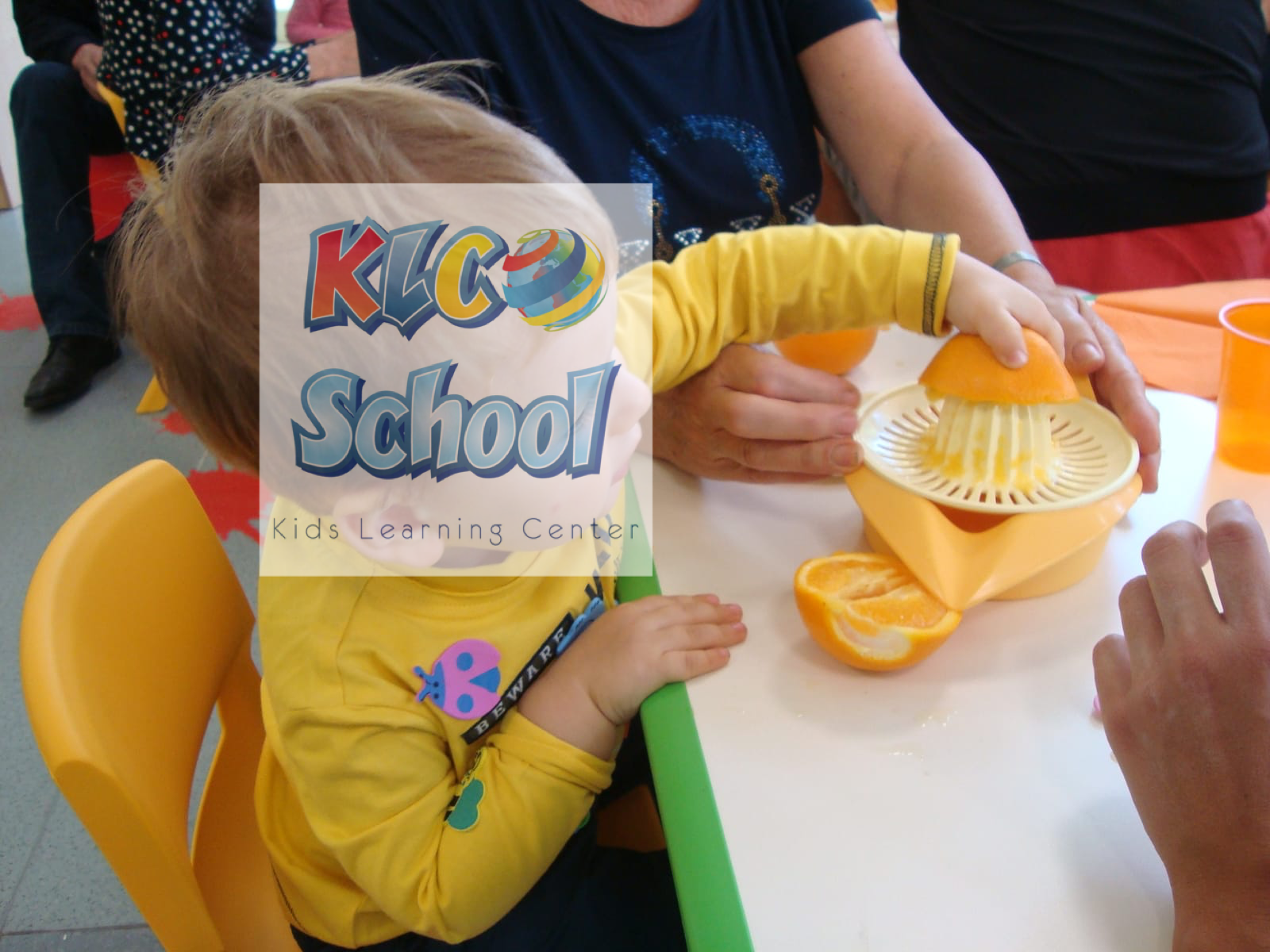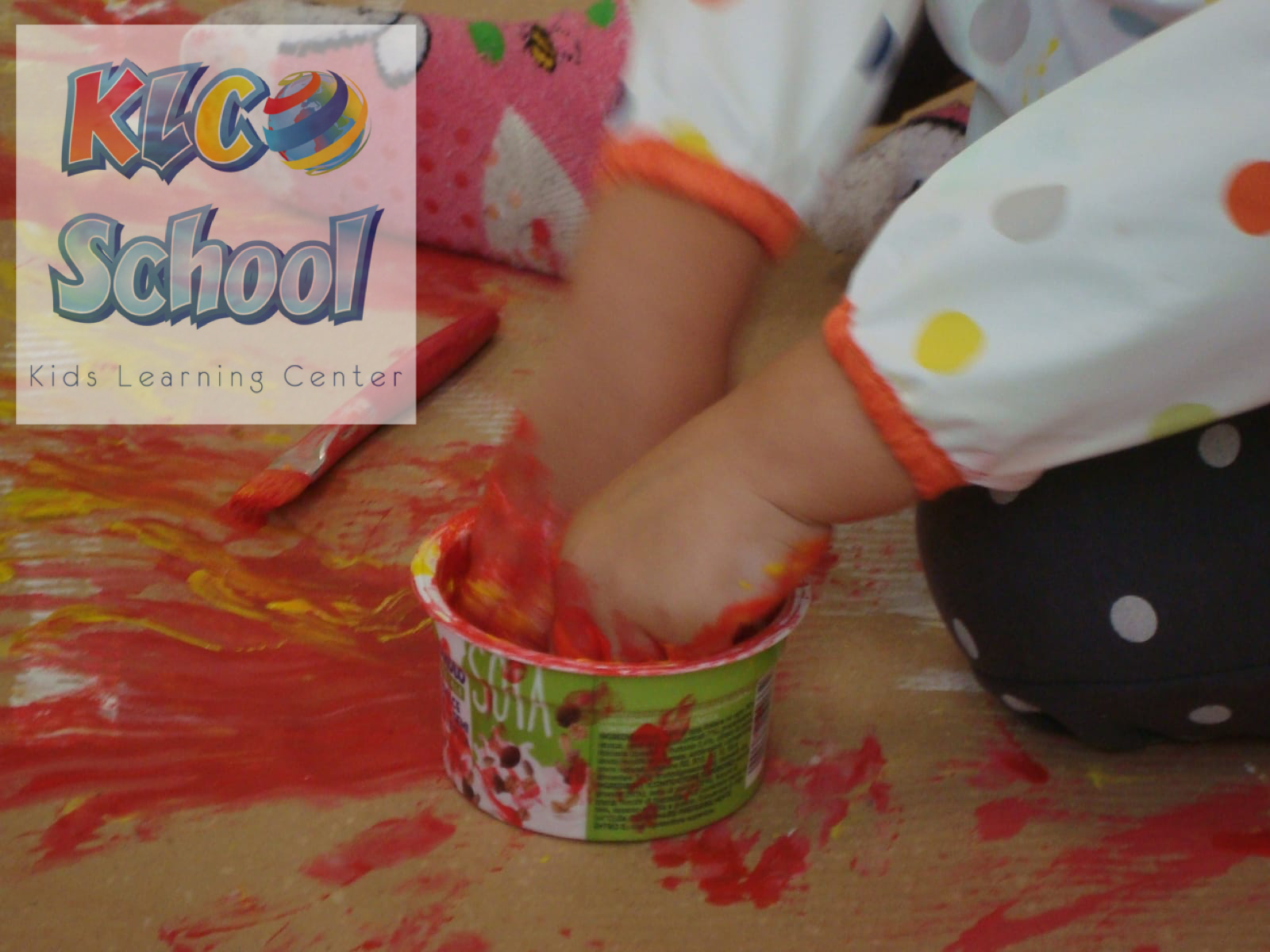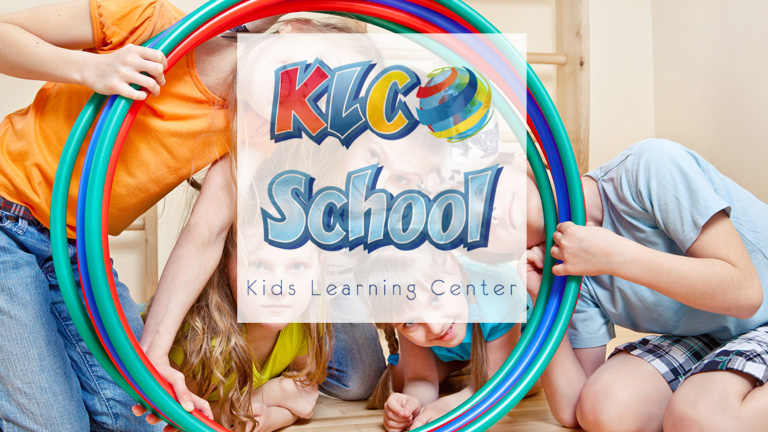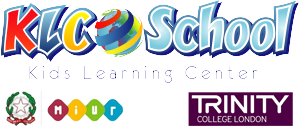Skills for life
The keys of our formation
Skills

The primary purpose of our school is to promote a harmonious process of development of the pupil and of his capacity for self-determination that we pursue through a program of development of life skills (W.H.O. 1993). This innovative educational approach, with a strong international scope, influence allows us to guarantee our children the achievement of numerous development goals in order to: IDENTITY – the rooting of the necessary security attitudes, self esteem, confidence in their abilities, motivation to curiosity; AUTONOMY – the ability to orientate and make autonomous choices in different contexts and regulatory settings, the availability to constructive interaction with the difference from oneself and the new; to COMPETENCE – the development of intuition, imagination and emotional and creative intelligence.
What are Life Skills?
They are those skills necessary for the development of adaptive and positive behavior which make individuals competent in dealing effectively with the demands and challenges of everyday life.
Skills for life can be, therefore, be framed as a set of skills acquired through teaching or practical experience and used to manage problems, situations and demands posed by everyday life.
UNICEF also spoke about this, arguing that there is no “definitive list” of competencies, but listing the “psychosocial and interpersonal skills generally considered important”.
Offering our students the opportunity to live to the best of their ability, allow us to work on the construction of their well-being, present and future.
These skills have been identified by the World Health Organization (1993) and can be summarized in these ten dimensions:
- Knowing how to solve problems
- Knowing how to make decisions
- Creativity
- Critical sense
- Self-awareness
- Interpersonal skills
- Effective communication
- Management of emotions
- Stress management
- Empathy
The development of Life Skills in our school take place through the application of the psycho-educational methodology (P.Boccaccini 2004), an approach that traces objectives, strategies and results within a dialogic perspective between pedagogy and psychology, recognizing psychology a increasingly important role in the world of education, because it is increasingly involved in the construction of a model of health capable of enhancing the positive resources of the individual and social coexistence. The bio-psycho-social sciences, in fact, possess a systemic and integral vision of the person, in relation to his environment; this represents the most important point of contact between education and psychology.
To evaluate the level of well-being, monitor the development of the various abilities in children, during the school year, are given by accredited psychologists, tests and development scales, whose results flow into a Skills Report that accompanies the child in his training path within the school, as well as offering the family an updated tool for information and comparison with the same and with the programs carried out by the teaching staff.
Arts

Art and the development of creativity are some of the keys to our psycho-educational project, playing a fundamental role in human evolution. Numerous studies show that, from the very first years of life, art helps to improve expressive abilities, to promote logical, mathematical and linguistic learning, to strengthen self-awareness, to free creative potentials. The approach to art in our school takes place within the Ateliers, places of “doing to understand”, in which children learn and observe reality through all the “senses” and in which they explore the various channels of expression and communication.
Art is a continuous research, an assimilation of past experiences, adding new experiences, in form, in content, in technique, in means. Bruno Munari
Sports
 In our school, the start up and the practice of sport plays a fundamental role in the development of the person and in important skills, such as self-confidence and resilience. For the ancient Greeks physical education and intellectual education were complementary to achieve human perfection. The education of the body, the competitions, the challenges were encouraged not only to make the young stronger, but also to give them the ability to face the hardships and the contrarieties of life. In our educational community we try to marry this philosophy, accompanying our students in the development and strengthening all psychomotor skills, directing them to the most suitable sport activity for their attitude and personality structure.
In our school, the start up and the practice of sport plays a fundamental role in the development of the person and in important skills, such as self-confidence and resilience. For the ancient Greeks physical education and intellectual education were complementary to achieve human perfection. The education of the body, the competitions, the challenges were encouraged not only to make the young stronger, but also to give them the ability to face the hardships and the contrarieties of life. In our educational community we try to marry this philosophy, accompanying our students in the development and strengthening all psychomotor skills, directing them to the most suitable sport activity for their attitude and personality structure.
The movement for the child is more than a functional pleasure, it is the instrument and the vehicle of expression of its orientation in the environment, of its intelligent actions, of its social behavior and its feelings. Emmi Pikler
Visit Our Centre
Address: Via Ardeatina, 342 – 00142 Roma
Phone number: +39 06 89533405
E-mail: segreteria@klcschool.it



